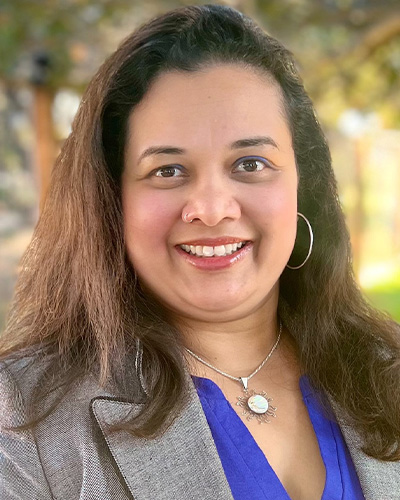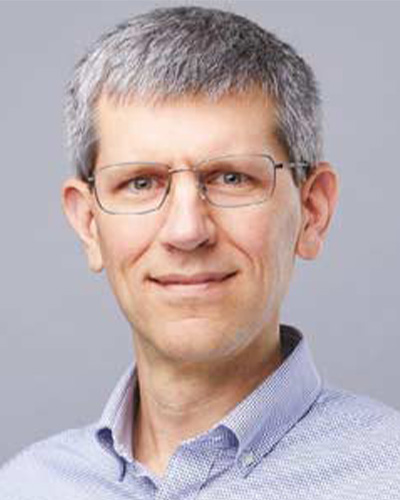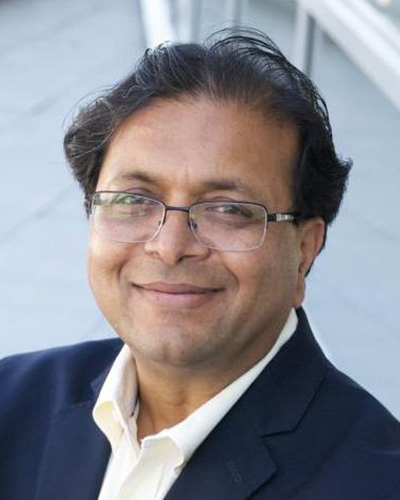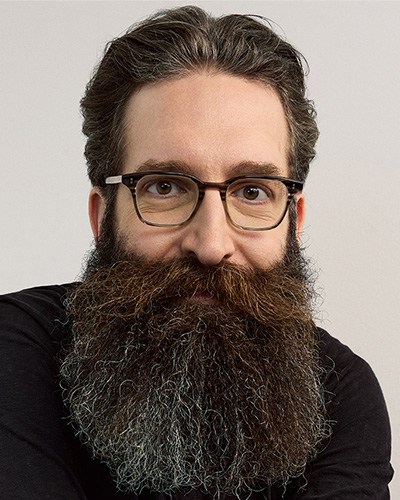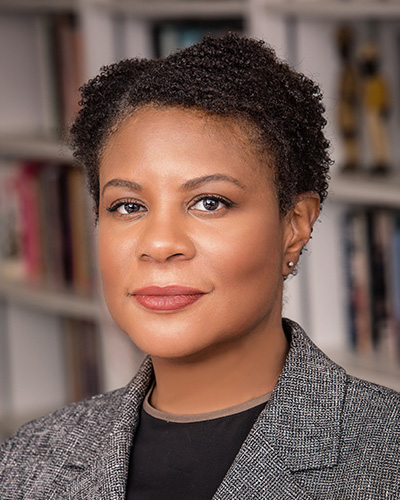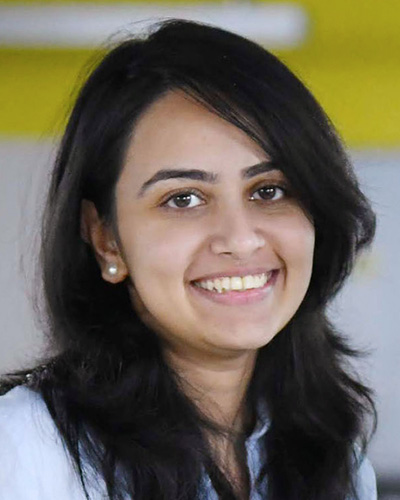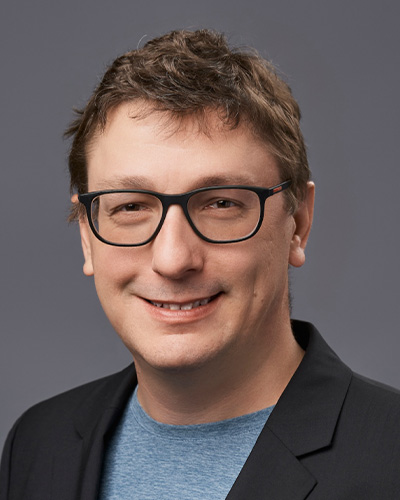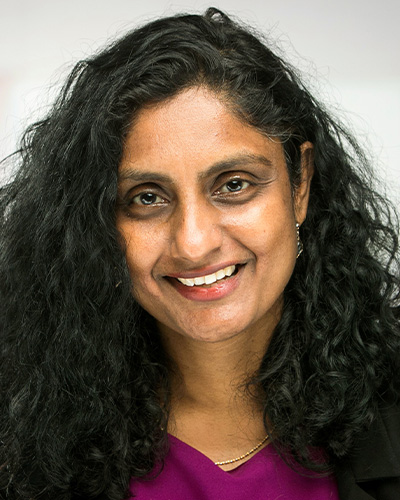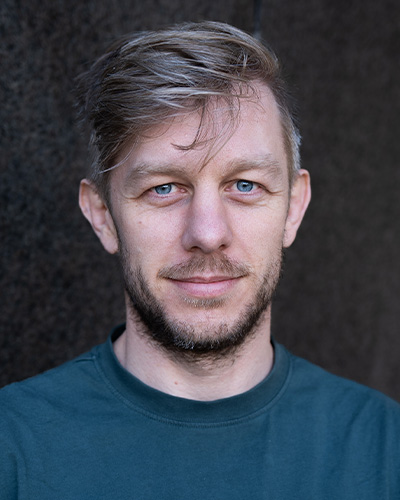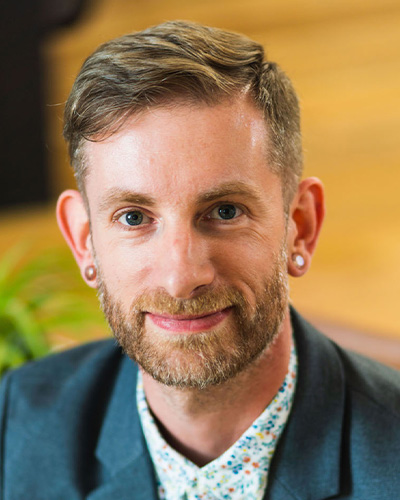People to Watch 2025 – Christine Yen
First, congratulations on your selection as a 2025 BigDATAwire Person to Watch! Your goal with Honeycomb is to unite the “devs” and the “ops” folks. How is that going?
How engineering teams work together is an evolving conversation. We’ve moved past the stark Dev and Ops divide of the mid-2010s when Honeycomb started. Now, the focus is on how platform teams serve application teams. As with many things, it comes down to people. I think part of the fun part about getting to work on Honeycomb (and the core of our mindset coming in) is that, ultimately, the craft of building software systems is a socio-technical problem, not just a technical one. The social aspect is about how tech is put into practice and how teams use observability to communicate. I’m encouraged by the evolution of SRE and platform practices over the last five years, and I’m eager to see how these people and team dynamics continue to evolve in the years ahead.
OpenTelemetry (OTEL) has been instrumental in providing standard formats for observability data. Do you think it provides enough room for innovation by vendors like you?
I love the impact OTel has had on this industry. It’s done a great job of taking the work every vendor was having to redo, standardized it, and given the power and control over that telemetry data back to the end users. I think it’s awesome that engineering teams now think of the telemetry data produced by their applications as their data, instead of data provided by a vendor about their software systems.
Pre-OpenTelemetry, observability vendors focused on getting data in and getting data out. If getting data in is standardized through OTel, then getting answers out—making it easier, faster, more fun, and collaborative—that’s where the opportunity and value is for vendors. And all of that means that OTel is one of the best changes in this industry for the end user. I’m proud of Honeycomb’s participation and support of this open standard, because it’s good for the industry overall and allows us to focus energy on areas that make a difference. I’m confident there’s plenty of room for innovation going forward.
Developers, operators, and analyst are being crushed under a massive wave of observability data. Do you think GenAI will provide a lifeline? Can it be trusted?
While I think GenAI will provide a lifeline for developers, “Can it be trusted?” is the right question to ask. Every time you hand a judgement call over to AI, you’re missing out on the opportunity for a human to bring the right context and experience to the situation. The role of GenAI needs to walk the line of between surfacing interesting information without taking away human autonomy to say what’s important and what’s not. This wave of observability data, or the volumes of observability data that many teams are struggling with today, is not a natural consequence of building systems: it’s a natural consequence of emitting data in a certain shape to suit the demands of a previous generation of tooling.
My hope is that Gen AI solution teams take this as an opportunity to also ask the question of: “is all this data useful?” We can use Gen AI on the data and try to make it useful, but should we also be emitting it differently? This raises the OpenTelemetry question: now that we own the production of this data, are we producing the right things to begin with? There are a couple of facets I think GenAI will help with, but it’s important not to hand overall autonomy and responsibility to the robots to solve.
What can we expect next from you and Honeycomb in 2025?
We’re excited about the immense amount of opportunity in front of us and we’re eager to capitalize on it. We’re fully embracing GenAI at Honeycomb with both arms and possibly both feet. We’re really curious about building with these new technologies. We pride ourselves on sharing what we learn as we incorporate them into our work. You can expect the same trusted, grounded, and optimistic perspective we use to discuss other technological issues. We’ll be showing up more in conversations about Gen AI and its role in observability, building strong engineering teams and cultures, and ensuring our socio-technical systems are as strong as possible.
What can you tell us about yourself outside of the professional sphere – unique hobbies, favorite places, etc.? Is there anything about you that your colleagues might be surprised to learn?
For the past several years, I’ve managed to read a book a week. I’ve fallen off the wagon a bit this last year, but am trying to get back to it. To that end—I’m always looking for new speculative fiction recommendations!




